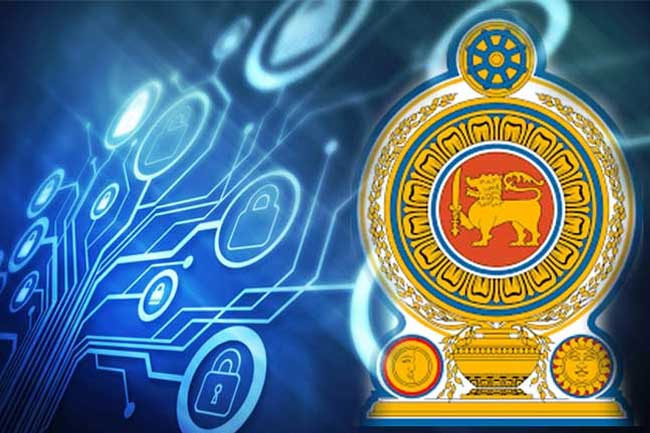SC informed of govt’s decision on Online Safety Act

The Attorney General’s Department has informed the Supreme Court that the incumbent government has decided to introduce several new amendments to the Online Safety Act, which was passed under the previous administration.
Appearing on behalf of the Attorney General, Solicitor General Viraj Dayaratne informed this to the court today (05) when four fundamental rights petitions challenging the legality of the Act were taken up.
The petitioners argue that the manner in which the Act was passed was unlawful.
The petitions have been filed by multiple parties, including Transparency International Sri Lanka.
The petitions were taken up today before a Supreme Court bench comprising Justices S. Thurairaja, Shiran Gunaratne, Achala Wengappuli and Mahinda Samayawardena.
During the hearing, Solicitor General Dayaratne informed the court that a Cabinet paper is scheduled to be presented in the near future regarding the proposed amendments.
He also stated that although steps had been taken to introduce amendments during the previous government, these efforts were stalled following the dissolution of Parliament.
Attorney-at-Law Senany Dayaratne and President’s Counsel Viran Corea, representing the petitioners, argued that their petitions challenge the legality of the manner in which the bill in question was passed.
However, the Supreme Court bench advised the petitioners’ legal counsel that since the government is working on introducing amendments, it would be appropriate to proceed with the petitions after reviewing the progress of these amendments.
Accordingly, the Supreme Court ordered that the hearing of the petitions be postponed until June 23.
The petitioners claim that after the Online Safety Act was tabled in Parliament, multiple parties challenged certain clauses, arguing that they were unconstitutional.
The petitioners also state that the Supreme Court, after reviewing these concerns, suggested several amendments, which the government could have incorporated if the bill was passed by a simple majority in Parliament.
However, the petitioners allege that the previous government failed to implement several key recommendations made by the Supreme Court when passing the bill. As a result, they argue that the bill was not passed in a proper and a legal manner.
Accordingly, the petitioners have requested the Supreme Court to declare that their fundamental rights have been violated through the passing of this bill and that the manner in which the bill was passed was unlawful.
-Ada Derena

